|
The Navigator’s calling is simple yet very profound, To advance the Gospel of Jesus and his Kingdom into the nations through spiritual generations of laborers living and discipling among the lost. The last part has an interesting word: “living”. To some this would mean “where you live”, yet I believe it has bigger implications. I believe this word means “your entire life” or “as you live”. If this is the case then we are to be making disciples where we live, where we play, and even where we work. Every part of life. I began my journey of discovering God in the workplace as I was graduating college. Perfect timing. The commands were quite clear in the Bible: to work heartily as unto the Lord and to do everything for the glory of God (Ephesians 6:5-8 and Colossians 3:22-24). The lost were all around me, so I had no problem believing Jesus when he said the harvest was plentiful. The longer I work (which I’ll admit has not been very long) the more God teaches me about following him in every aspect of my life, even work. When I went to the Entrepreneurial Readiness Workshop (ERW) I didn’t really know what to expect. I didn’t have a business idea ready or even have one brewing. Not a feasible one, anyway. Yet I know now that God used that workshop to teach me more about himself. And I don’t have to start a Missional Enterprise to put what I learned into practice! The triple bottom line is foundational to running a successful Missional Enterprise. Yet this same triple bottom line has the ability to inform everyone’s work from a corporate job to an entrepreneurship.
While I don’t know where God is leading me in regards to starting a Missional Enterprise or joining an existing one yet, I am already able to apply lessons from the ERW to my current workplace. How will you bring glory to God in every aspect of your life? GEN Desk Contributing Author and Nav 20s City Leader
0 Comments
Generations of Business Men and Women, |
Categories
All
Archives
March 2020
|

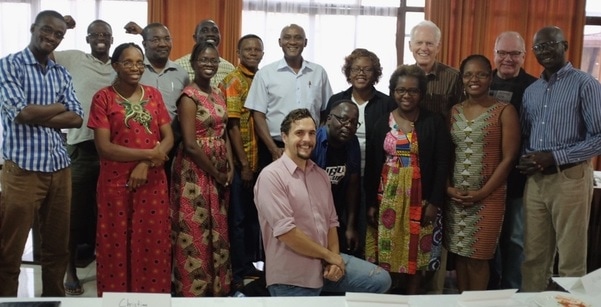
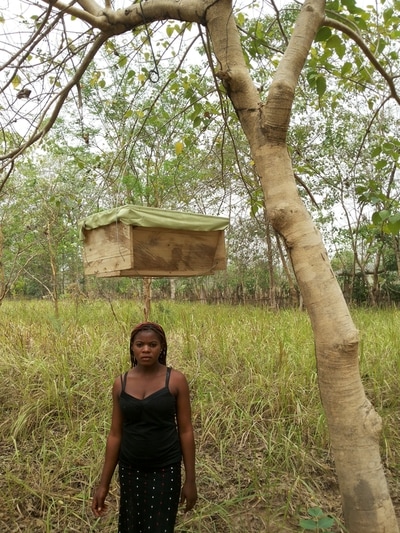


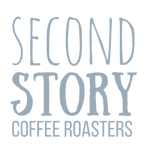
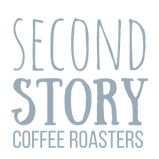
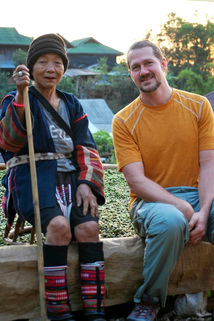
 RSS Feed
RSS Feed
